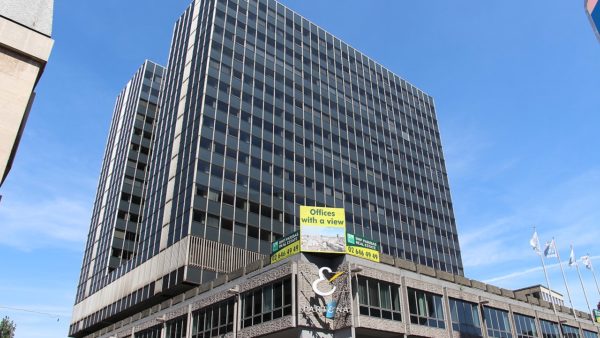The Republic of Ireland could be a global hub for driverless car technology, potentially creating up to 100,000 jobs, according to UK consulting engineer Arup.
The country could use its existing role as a base for thousands of global tech firms looking for low tax rates in order to lead the connected and autonomous vehicle (CAV) industry, a market that is expected to grow in size to $180bn by 2023.Â
To do this, government should map the country’s strengths and weaknesses and develop technologies and training to fill gaps.
Those gaps include research and business capacity in cybersecurity, data centres, cloud computing, video analytics, autonomy systems, communications networks and sensors, Arup argues in its report.
It should also make sure local road networks are fit for the “imminent introduction of CAVs into the road network”.
It doesn’t matter that Ireland currently lacks an autonomous motor vehicle industry, Arup says, because the most lucrative parts of the CAV value chain will be in data rather than “metal bashing”.
“There is a misconception that if a country does not have an existing vehicle manufacturing capability, then there is little point in developing a position on the testing, use and deployment of CAVs,” Arup’s report says.
“However, it is clear that as automobiles develop into ‘supercomputers on wheels’, most jobs created around the development of CAVs and the services they can deliver will be in data creation and interpretation. This is in addition to the creation of new markets in providing intelligence and experiences to the travelling public.”
“The government has an essential role to play in both facilitating the smooth and safe introduction of connected and autonomous vehicles onto our roads, and helping to ensure that Ireland reaps the maximum economic benefit from these technologies,” said John McCarthy, associate director and leader of Intelligent Mobility for Arup in Ireland.
He believes that with over 5,000 companies already in the local digital, ICT, and financial services sectors, Ireland is well positioned to take a leading role in the creation of new jobs.
Image: One of Google’s self-driving cars snapped in March 2016 in Mountain View, California (Grendelkhan/Wikimedia Commons)
- Updated 22 Jan 2020, to correct a broken link
Further reading:
Comments
Comments are closed.











It would be a huge mistake for Dublin to develop a urban transportation system with last century technology. I do not understand why the Luas is not self-driving. There were driverless metro in London and Paris already in operation 10 years ago. Why not the Luas?
As per IoT Analytics, a market insight provider for IoT, the number of connected devices worldwide was about 17 billion in 2018, and it is estimated to reach 34 billion by 2025.